Invited Talks
Doing Some Good with Machine Learning
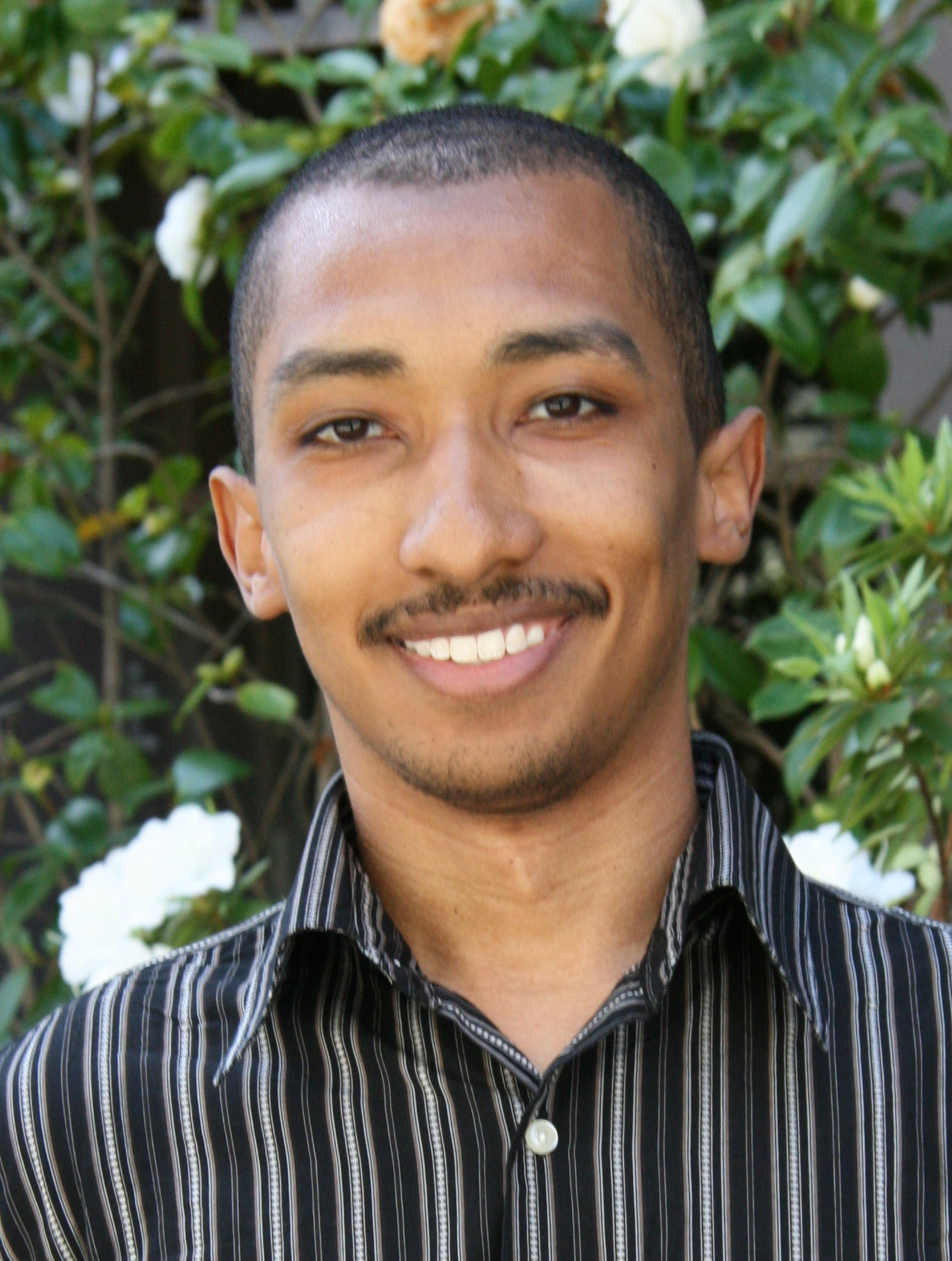
Lester Mackey
This is the story of my assorted attempts to do some good with machine learning. Through its telling, I’ll highlight several models of organizing social good efforts, describe half a dozen social good problems that would benefit from our community's attention, and present both resources and challenges for those looking to do some good with ML.
Panelists
Ricard Gavalda |
Carla Gomes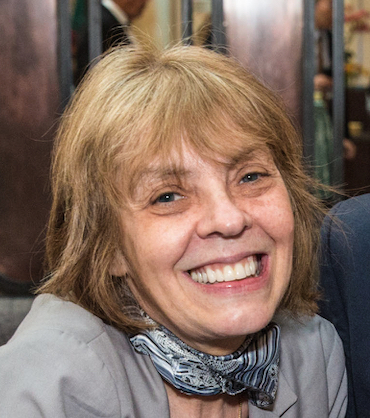 |
Rashida Richardson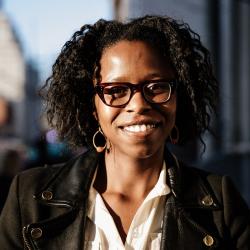 |
Speaker Bio
Lester Mackey is a machine learning researcher at Microsoft Research, where he develops new tools, models, and theory for large-scale learning tasks driven by applications from healthcare, climate, recommender systems, and the social good. Lester moved to Microsoft from Stanford University, where he was an assistant professor of Statistics and (by courtesy) of Computer Science. He earned his PhD in Computer Science and MA in Statistics from UC Berkeley and his BSE in Computer Science from Princeton University. He co-organized the second place team in the $1M Netflix Prize competition for collaborative filtering, won the $50K Prize4Life ALS disease progression prediction challenge, won prizes for temperature and precipitation forecasting in the yearlong real-time $800K Subseasonal Climate Forecast Rodeo, and received a best student paper award at the International Conference on Machine Learning.
Human and Machine Learning for Assistive Autonomy
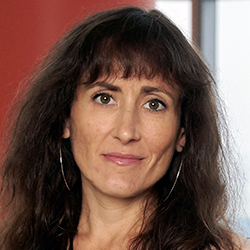
Brenna Argall
As need increases, access decreases. It is a paradox that as human motor impairments become more severe, and increasing assistance needs are paired with decreasing motor abilities, the very machines created to provide this assistance become less and less accessible to operate with independence. My lab addresses this paradox by incorporating robotics autonomy and intelligence into physically-assistive machines: leveraging robotics autonomy, to advance human autonomy. Achieving the correct allocation of control between the human and the autonomy is essential, and critical for adoption. The allocation must be responsive to individual abilities and preferences, that moreover can be changing over time, and robust to human-machine information flow that is filtered and masked by motor impairment and control interface. As we see time and again in our work and within the field: customization and adaptation are key, and so the opportunities for machine learning are clear. However, the manner of its implementation is not. In this talk, I will discuss the needs of and need for machine learning within the domain of assistive machines that bridge gaps in human function, and overview ongoing efforts within my lab that aim to tackle adaptation and learning in its many forms.
Panelists
Aude Billard |
Emma Brunskill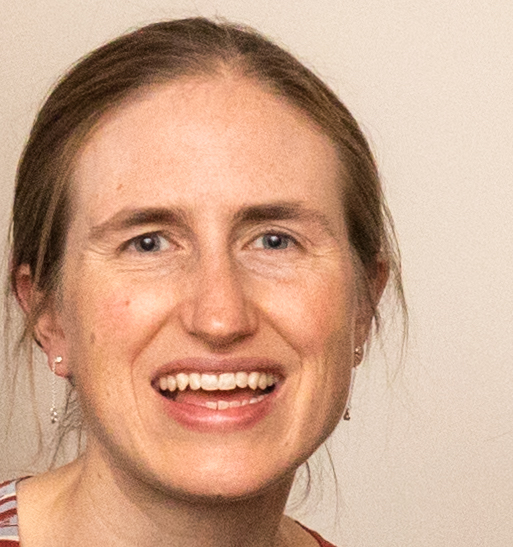 |
Finale Doshi-Velez |
Speaker Bio
Brenna Argall is an associate professor of Mechanical Engineering, Computer Science, and Physical Medicine & Rehabilitation at Northwestern University. She is director of the assistive & rehabilitation robotics laboratory (argallab) at the Shirley Ryan AbilityLab (formerly the Rehabilitation Institute of Chicago), the #1 ranked rehabilitation hospital in the United States. The mission of the argallab is to advance human ability by leveraging robotics autonomy. Argall is a 2016 recipient of the NSF CAREER award, and was named one of the 40 under 40 by Crain’s Chicago Business. Her Ph.D. in Robotics (2009) was received from the Robotics Institute at Carnegie Mellon University, as well as her B.S. in Mathematics (2002). Prior to joining Northwestern and RIC, she was a postdoctoral fellow (2009-2011) at the École Polytechnique Fédérale de Lausanne (EPFL), and prior to graduate school (2002-2004) she held a Computational Biology position at the National Institutes of Health (NIH). More recently, she was a visiting fellow at the Wyss Center for Bio and Neuroengineering in Geneva, Switzerland (2019).
Quantum Machine Learning : Prospects and Challenges
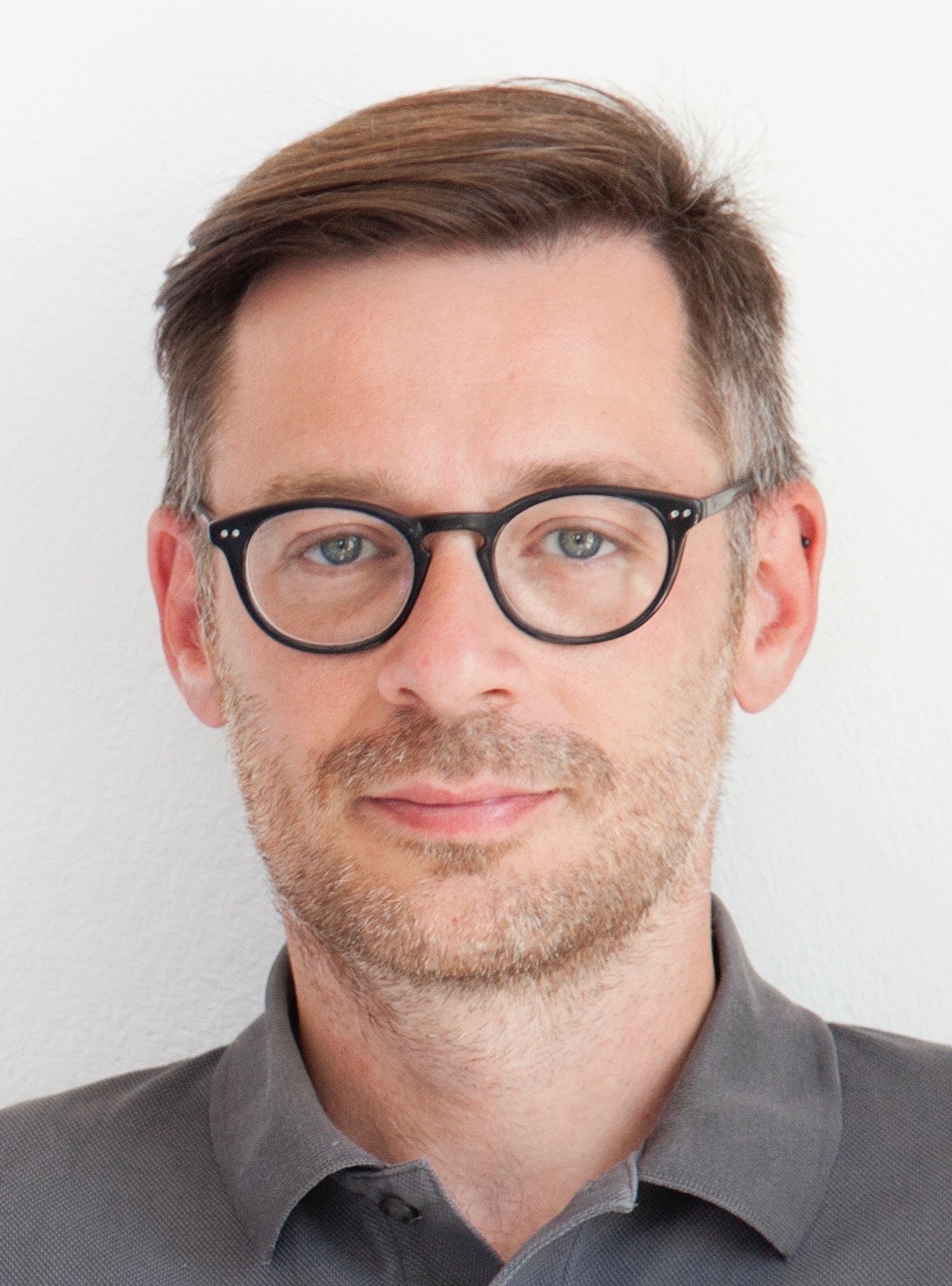
Iordanis Kerenidis
We will review recent work on Quantum Machine Learning and discuss the prospects and challenges of applying this new exciting computing paradigm to machine learning applications.
Panelists
Julia Kempe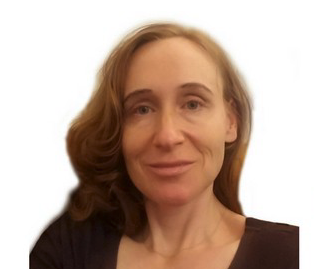 |
Krysta Svore |
Ronald de Wolf |
Speaker Bio
Iordanis Kerenidis (CNRS and QC Ware) received his Ph.D. from the Computer Science Department at the University of California, Berkeley, in 2004. After a two-year postdoctoral position at the Massachusetts Institute of Technology, he joined the Centre National de Recherche Scientifique in Paris as a permanent researcher. He has been the coordinator of a number of EU-funded projects including an ERC Grant, and he is the founder and director of the Paris Centre for Quantum Computing. His research is focused on quantum algorithms for machine learning and optimization, including work on recommendation systems, classification and clustering. He is currently working as the Head of Quantum Algorithms Int. at QC Ware Corp.